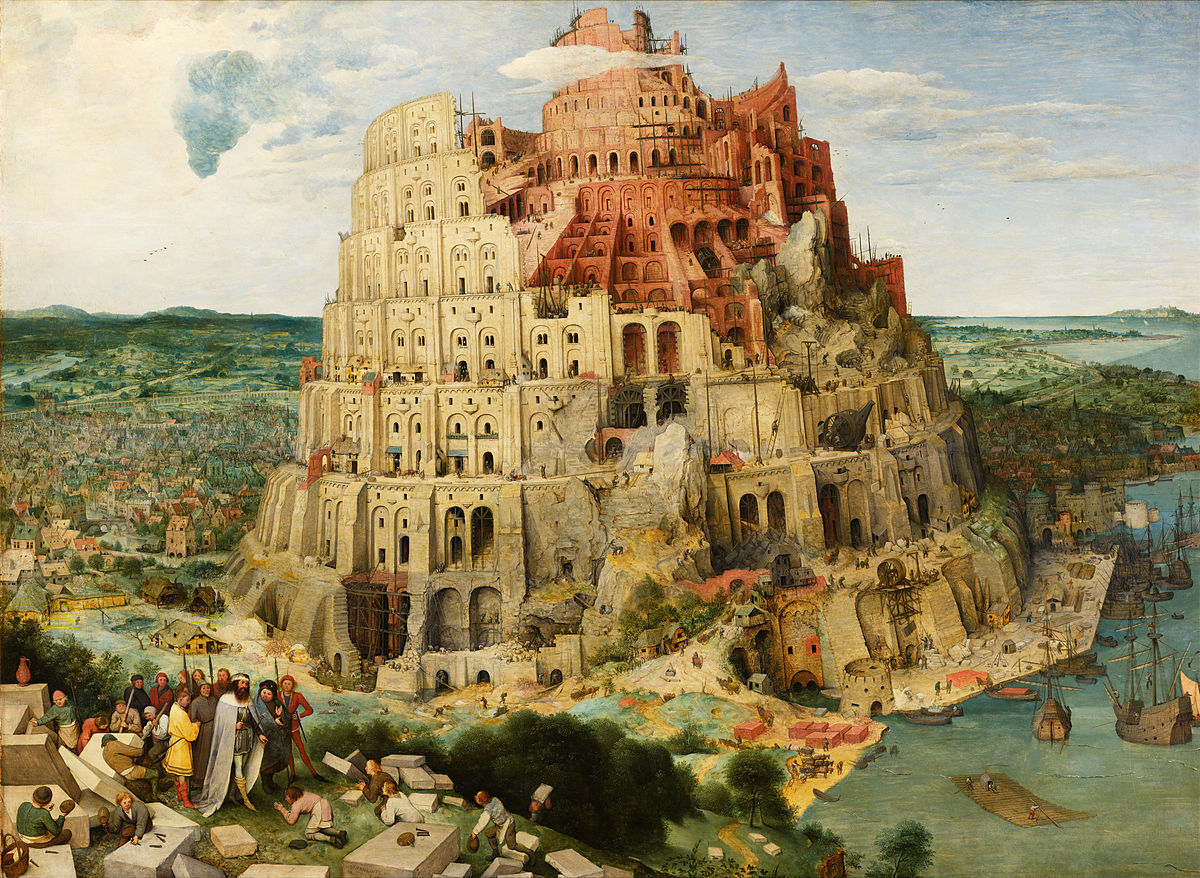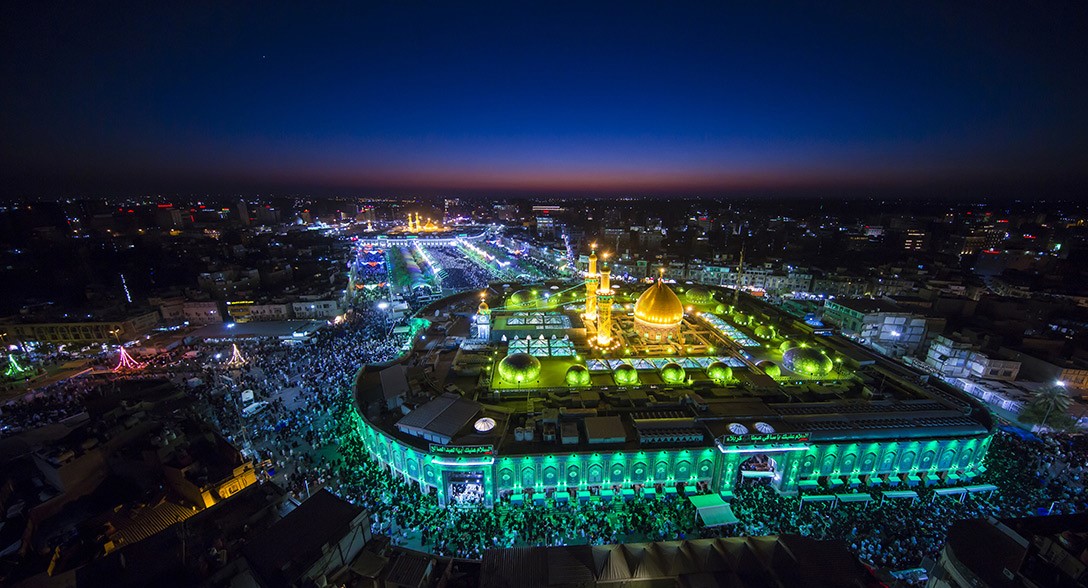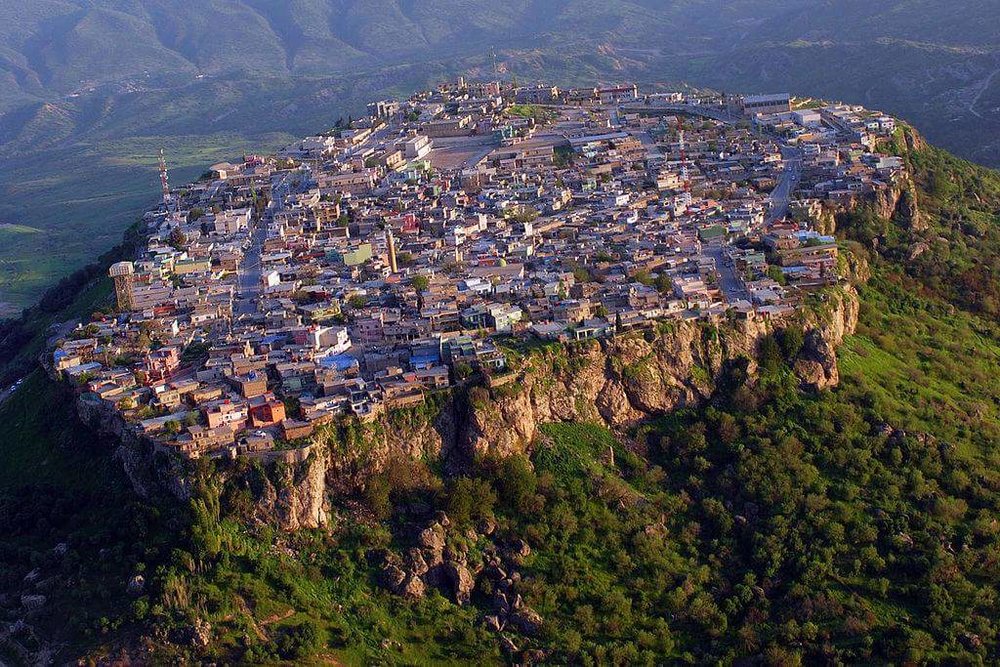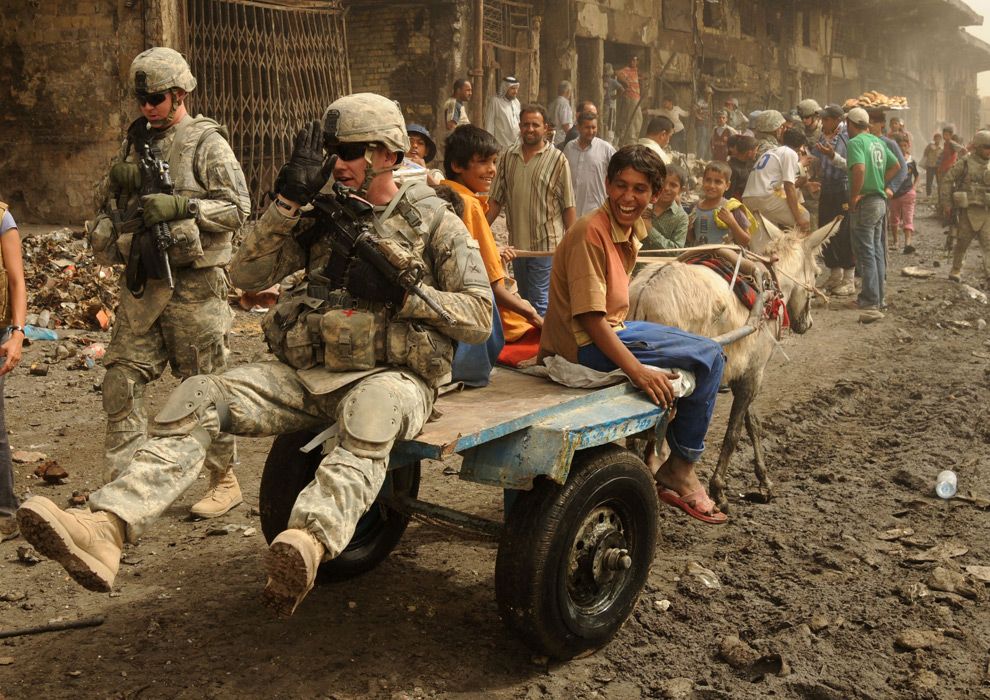When people hear the name Iraq, their first thoughts often drift toward decades of conflict, dusty battlefields, and political turmoil. Yet beneath that scarred surface lies a land that once stood at the very center of human civilization—a place where writing was born, cities first rose, and ideas that shaped the modern world took root. Iraq is not just another country in the Middle East; it is a living museum of the ancient world.
The twin rivers, the Tigris and Euphrates, carve through its plains, nourishing lands that gave rise to the earliest known societies of Mesopotamia, Sumer, Akkad, and Babylon. This is why Iraq is forever called the Cradle of Civilization. Its soil holds the remnants of empires and echoes of prophets, poets, and conquerors. The region gave humanity the first cities, the earliest written laws, and monumental achievements in science, mathematics, medicine, and theology.





